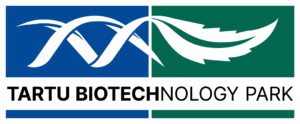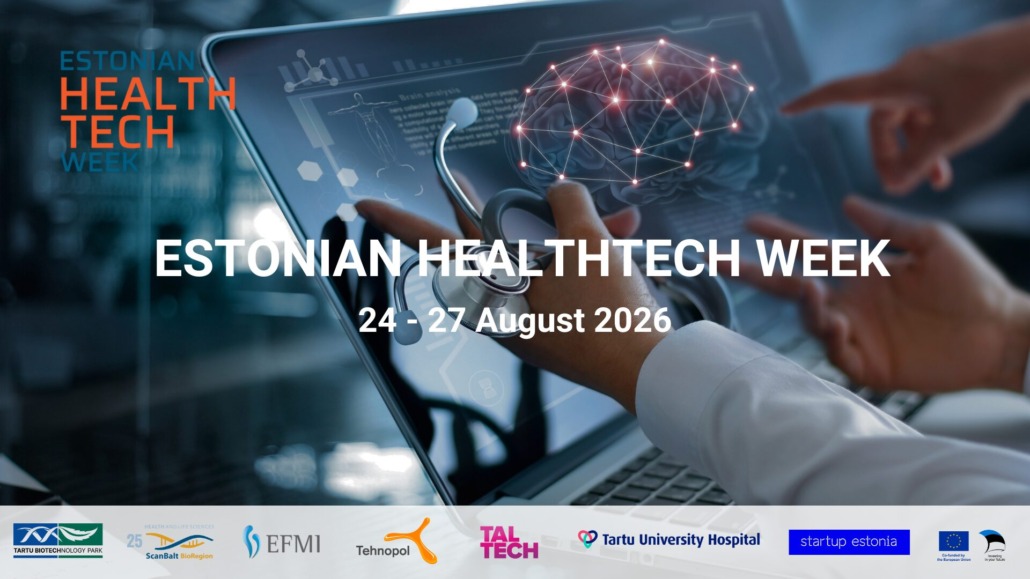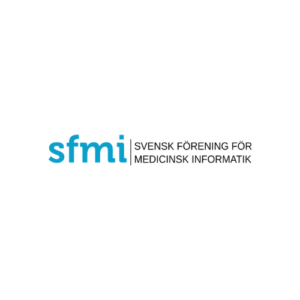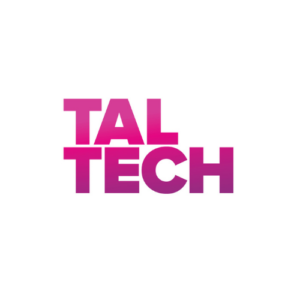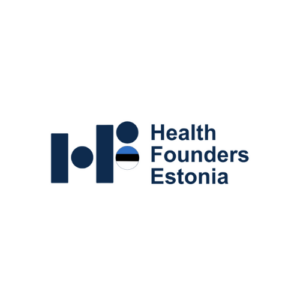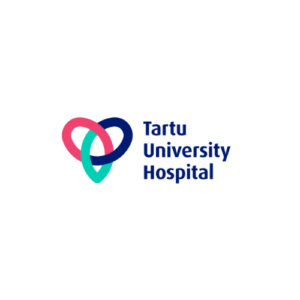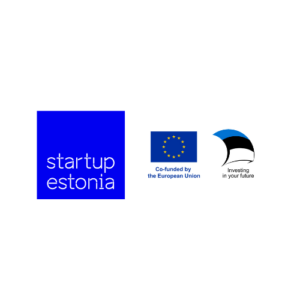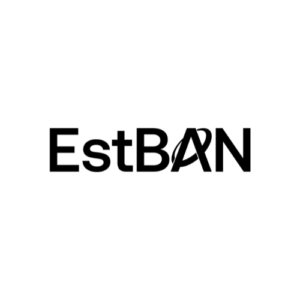24 August – Tallinn
Deep Dive into Estonian e-Health and HealthTech Ecosystem
| 9:00-10:30 | Kickoff Session: Estonian HealthTech & E-Governance
| 📍 E-Estonia Briefing Centre, Öpiku maja, Valukoja 8, 11415 Tallinn |
| 11:00-12:30 |
| |
| 14:00-16:30 |
| |
| 17:00 |
| |
25 August – Tartu
Deep Dive into Estonian Biotech and Healthcare Ecosystem
| 9:00-10:30 | Visit to the Estonian Biobank
| 📍 Estonian Biobank, Riia 23b, 51010 Tartu |
| 11:15-12:45 |
| 📍TBC |
| 14:30-17:00 | Seminar: Innovation at the Tartu University Hospital
| 📍 Tartu University Hospital, Ludvig Puusepa 8, 50406 Tartu |
| 18:00 | Networking & Community Meetup – DeepTech Pub | Health Edition | 📍TBC |
26 August – Tartu
DTx New Nordics Conference
VSpa Hotel and Conference Centre,
Riia tn 2, 51004 Tartu
27 August – Tartu
DTx New Nordics Conference
VSpa Hotel and Conference Centre,
Riia tn 2, 51004 Tartu
Toetajad
